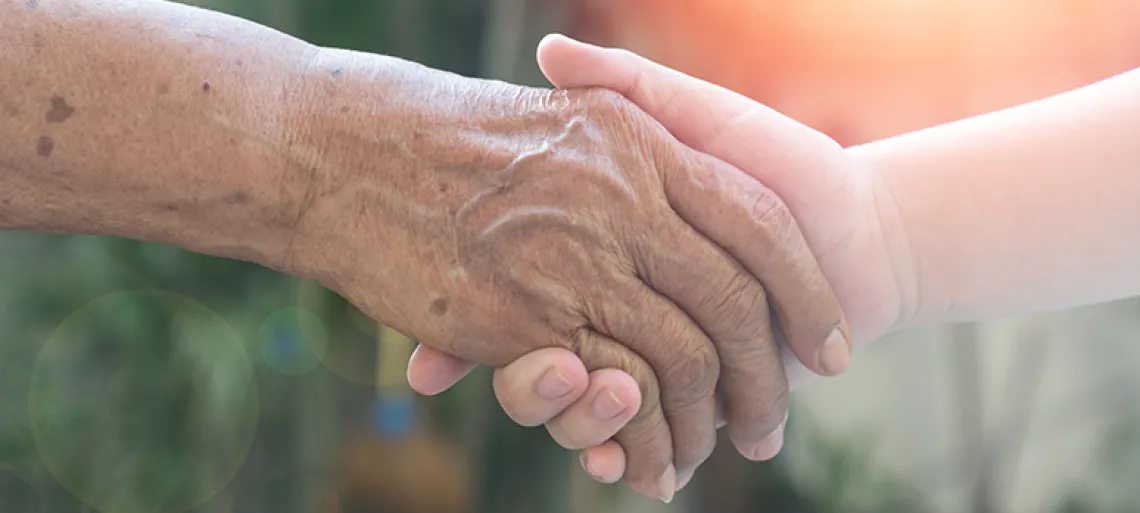What are potential signs of elder abuse?

Elder abuse is a term referring to any knowing, intentional or negligent act by a caregiver or any other person that causes harm or a serious risk of harm to a vulnerable adult. Elder abuse can affect men and women of all ethnic backgrounds and social statuses.
Laws vary from state to state but broadly defined, abuse may be:
- Physical abuse: Inflicting (or threatening to inflict) physical pain or injury on a vulnerable elder, or depriving them of a basic need.
- Emotional abuse: Inflicting mental pain, anguish or distress on an elderly person through verbal or nonverbal acts.
- Sexual abuse: Non-consensual sexual contact of any kind.
- Exploitation: Illegal taking, misuse or concealment of funds, property or assets of a vulnerable elder. Neglect: Refusal or failure by those responsible to provide food, shelter, health care or protection for a vulnerable elder.
- Self-neglect: Self-neglect occurs when an elderly person threatens their health or safety and generally manifests itself by failing to provide themselves with adequate food, water, clothing, shelter, personal hygiene, medication and safety precautions.
- Abandonment: The desertion of a vulnerable elder by anyone who has assumed the responsibility for care or custody of that person.
To recognize forms of abuse, family members, friends and doctors should look for the following:
- Physical condition/quality of care: Bruising is one of the most common indicators of abuse and neglect. Look for undocumented injuries and fractures or documented but untreated injuries. These might include multiple, untreated and/or undocumented pressure sores, medical orders that are not followed or poor oral care or hygiene. Seek information on malnourished residents who have no documentation for low weight.
- Facility characteristics: This includes unchanged linens, strong odors such as urine or feces, overflowing trash cans or unclean cafeterias or kitchens.
- Inconsistencies: Watch for inconsistencies between medical records and statements made by staff members.
If elder abuse is witnessed and the person is in immediate or life-threatening danger, call the police immediately. If the danger is not immediate, but abuse is suspected, relay concerns to the local adult protective services, long-term care ombudsman or the police.
Victims should tell a friend, trusted family member or doctor. The laws in most states require doctors and home health providers to report suspected abuse or neglect.
Resources
Eldercare Locator
National Center on Elder Abuse
National Long Term Care Ombudsman Resource Center
Some content on this page was gathered from documents found on the website for the United States Department of Health and Human Services: www.hhs.gov
©2023 ComPsych ® Corporation. All rights reserved. This information is for educational purposes only. It is always important to consult with the appropriate professional on financial, medical, legal, behavioral or other issues. As you read this information, it is your responsibility to make sure that the facts and ideas apply to your situation.

